Have you got your heart set on a new computing life with Linux when Windows 10 bites the dust in October? It’s a noble idea, but Linux has its downsides too.
For some users those downsides may be par for course. But for others, they’ll be total dealbreakers. Here’s a list of the most common to help you make up your own mind…
1. Software and driver compatibility is lacking
There’s no denying that there are compatibility limitations with Linux that you won’t see with Windows. These issues affect software but also drivers.
Take software as an example. Linux forums users are often miffed that common Windows software like Microsoft Office and Adobe Creative Suite aren’t fully compatible with Linux. There are workarounds to using these programs, of course, but they require a little tinkering.
Driver incompatibility issues are another common complaint, especially the lack of support by manufacturers for GPU drivers.
It seems illogical but GPU drivers aren’t always installed on some Linux distros (the different distributions of the Linux OS) when you first install your system, since standard GPU drivers are closed-source. Lack of driver support can be a big letdown for gamers especially, some of whom complain about acceleration issues with Nvidia graphics cards on Linux systems. (AMD’s Radeon group is better with this.)
The driver issue is also a bummer if you want to deck out your Linux PC with cool peripherals. That’s because manufacturers of peripheral devices like printers and headsets don’t always provide driver support for Linux. Linux users often have to rely on open-source drivers to get them to work, for better or for worse.
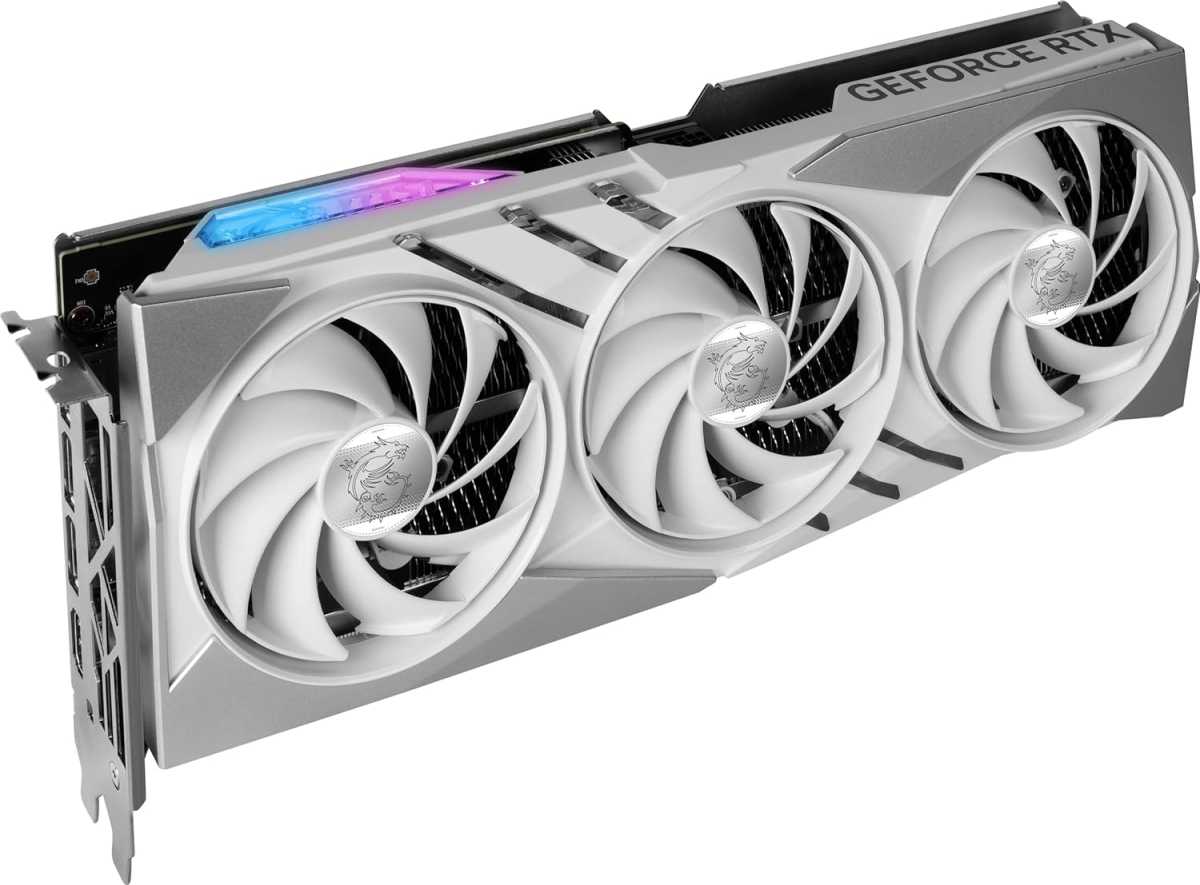
MSI
2. Rolling updates to distros can cause instability issues
If you’re looking for a seamless OS user experience, Linux currently isn’t it. Updates to Linux distros often cause instability and breakages in tools and extensions that Linux users rely on.
That’s because of the way Linux distros are updated. Instead of having comprehensive new version releases every year or so a la Windows, which tend to be a little more thoroughly tested (but not perfect), Linux distros tend to have a lot of rolling updates that aren’t anywhere near as fine-tuned.
Understandably, these bugs can cause big disruptions. One recent update for the Linux distro Ubuntu broke Gnome’s Shell extensions. Gnome is an open-source desktop environment for Linux whose updates are usually bundled as part of Ubuntu updates.
In 2024 an update to Gnome 46 led to widespread breakages in third-party shell extensions including important productivity tools, which left many users without the applications they count on every day.
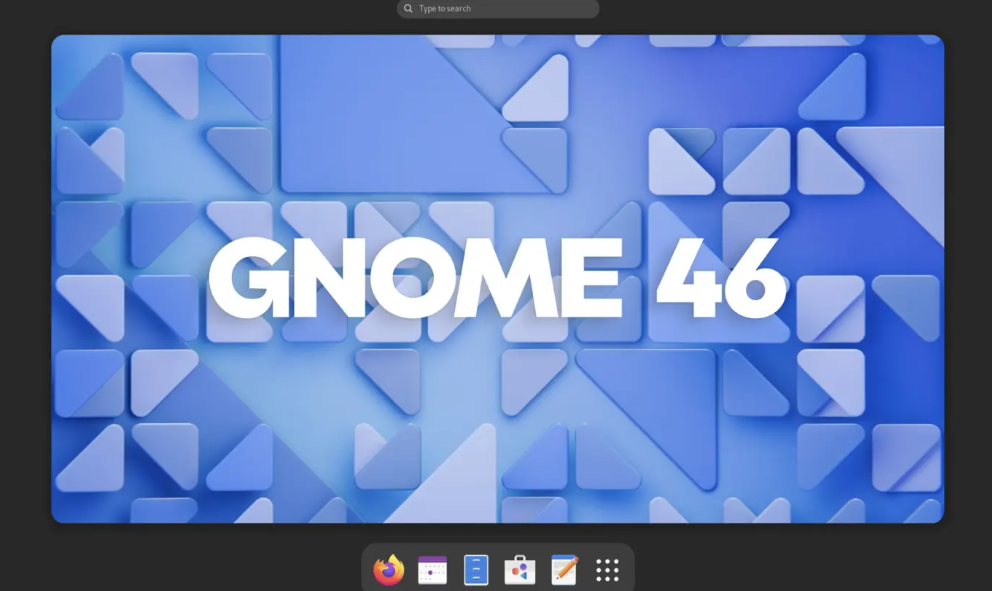
Dominic Bayley / Foundry
3. Some triple-A games aren’t supported
Some big-name developers don’t provide support for their games to run natively on Linux, which means there’s currently fewer triple-A games available to play right now than there are on Windows.
ProtonDB’s website (the community website for Valve’s Proton technology, which allows Windows games to run on Linux and the Steam Deck) reports that about 70 percent of triple-A games available on Windows are currently playable on Linux.
Some of those unsupported games are big names, too. The multiplayer game Fortnite, for instance, isn’t playable on Linux unless it’s being played through a cloud gaming service like GeForce Now. Admittedly, that figure is a lot better than it used to be just a few years ago, when there were only a handful of triple-A games playable on Linux. Thanks, Steam Deck!
One roadblock to getting even more games on Linux is the problem Linux has with anti-cheat software. On Windows, anti-cheat software — like Epic’s Easy Anti-Cheat (EAC) — prevents players cheating in multiplayer games by blocking them at the grassroots file level. Yet these anti-cheat programs don’t work on Linux, which means the games either aren’t unplayable, or aren’t playable without special workarounds — and those workarounds can sometimes get you banned.
There has been speculation that Microsoft is working on a fix that will mean Windows games won’t need a special workaround for kernel-level anti-cheat software on Linux, but we have yet to see it happen.
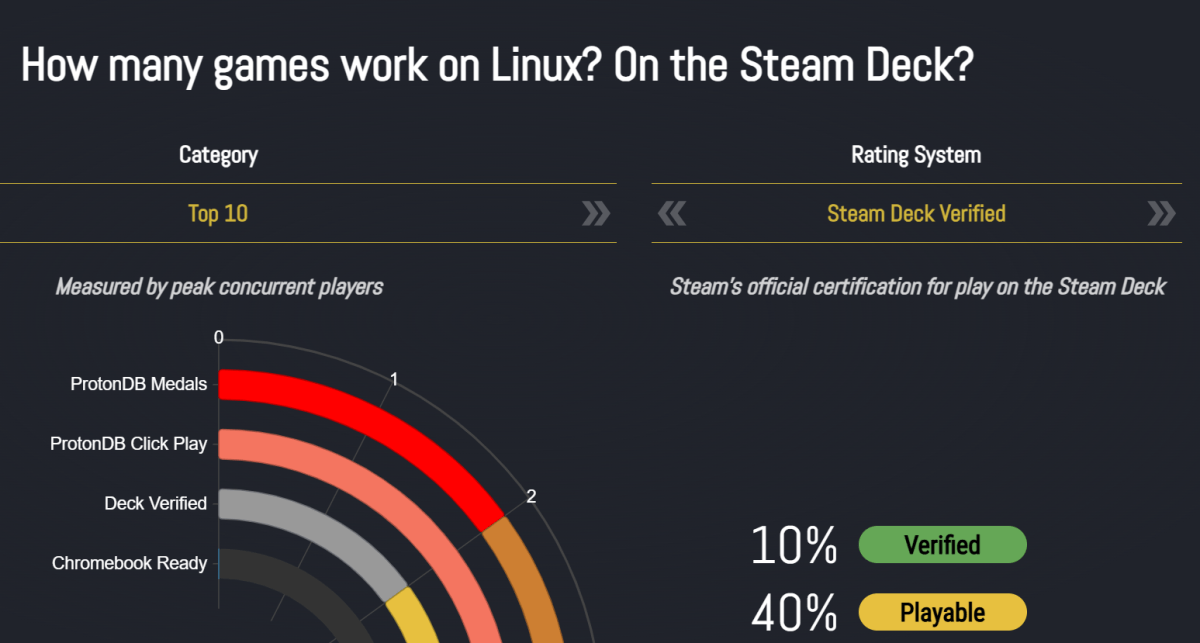
Dominic Bayley / Foundry
4. Game performance isn’t guaranteed
If you’re super proud of your PC’s performance in a certain triple-A game — say, Cyberpunk 2077 — that cozy experience may be upended on Linux. Why? Because it’s common for game performance to be different on Linux than it is on Windows.
That’s certainly the case for Cyberpunk 2077 which some Linux gamers have said is “unplayable,” others that they get “lower FPS on Linux than they get on Windows.”
Still, that’s just one game. That’s not to say every triple-A game performs poorly on Linux. In fact, it’s sometimes the case that games perform better on Linux than they do on Windows. The point is, you can’t expect like-for-like performance, so keep that in mind before switching to Linux just to play a specific game.
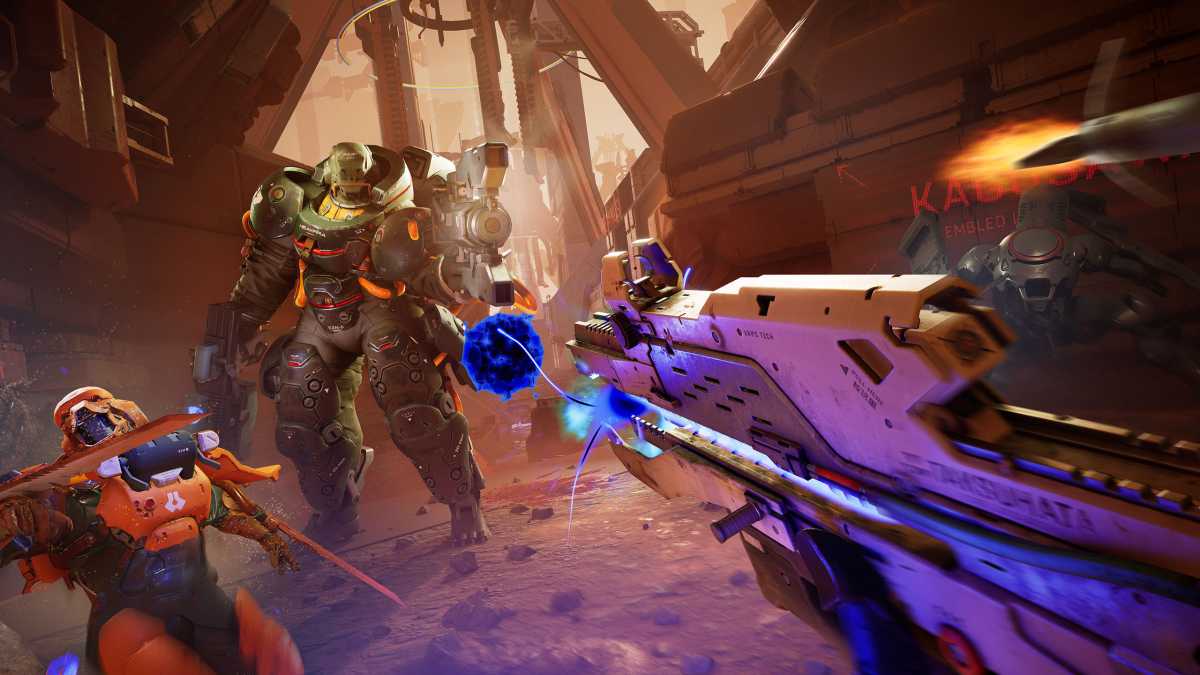
IDG
5. Linux has a steeper learning curve
Linux often requires more tinkering than Windows or MacOS for a smooth user experience. It’s subjective, and people will have their own views and experiences, but it’s true in the sense that sometimes installing software or configuring settings on Linux requires the use of a command-line interface instead of the less intimidating graphical user interface (GUI).
On Windows, you have the option of typing commands at the command prompt, but it’s not mandatory — you can still do most tasks via Windows’ GUI.
Some users will get a kick out of learning the old-school commands for Linux. Others, not so much, so it’s worth considering that point before making the switch.
get windows 11 pro for cheap
Windows 11 Pro
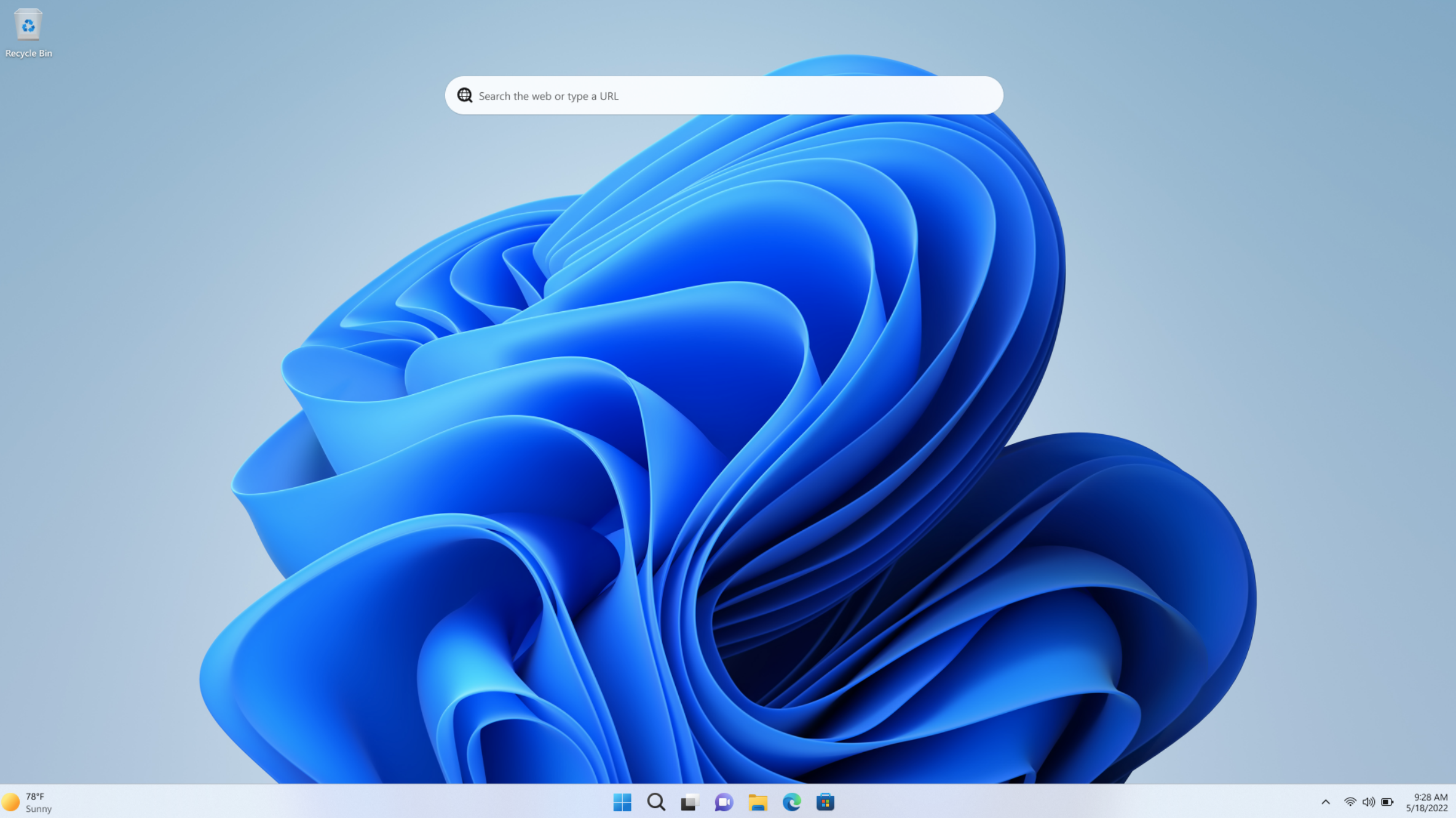
Autentifică-te pentru a adăuga comentarii
Alte posturi din acest grup

One of the more annoying things about buying modern tech is that some
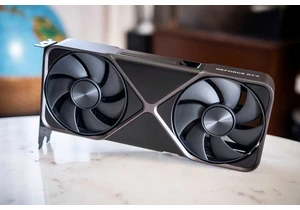
New leaks reveal exciting details on the upcoming Super variants of N

Microsoft recently released preview updates for Windows 11 and also a

Are you hoping to nab an excellent monitor at a budget price this sum

The printer manufacturers’ proprietary drivers have been a thorn in M

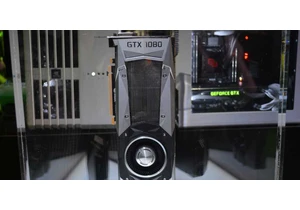
Over on The Ful
